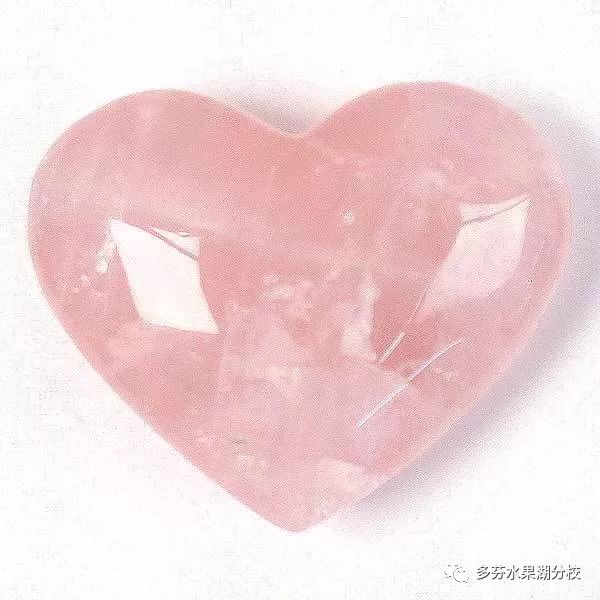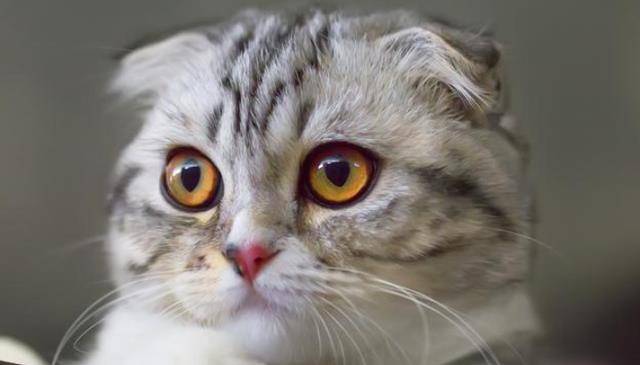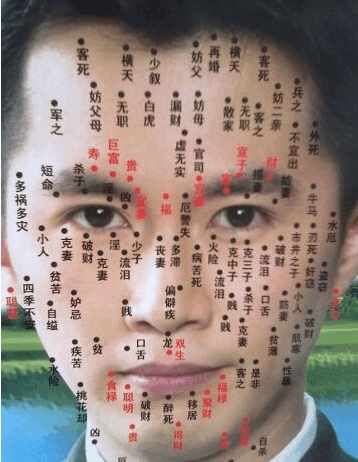新
年
快
乐
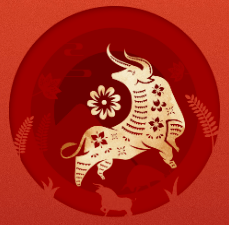
中国新年,即现代汉语中的"春节",是传统农历岁末年初更迭之际一个重要的中国节日。庆祝活动从大年初一前一天夜里开始,一直持续到正月十五元宵节。
Chinese New Year, known in modern Chinese as the "Spring Festival", is an important Chinese festival celebrated at the turn of the traditional lunisolar Chinese calendar. Celebrations traditionally run from the evening preceding the first day, to the Lantern Festival on the 15th day of the first calendar month.
这个节日有什么含义吗?
What does the holiday mean?
中文中“过年”这个词组用原由网以表示对春节(中国新年)的庆祝。“年”这个字在中文里是一种恐怖的怪兽。因为“年”害怕红色和火,所以中国人会在门上悬挂“春联”写上美好祝福,并放鞭炮来赶跑它。这个传统有点类似西方人用大蒜和十字架吓跑吸血鬼的传统。
The term "pass year" is used for the Spring Festival (Chinese New Year). The word "Year" in Chinese characters used to mean a horrible beast. To combat the beast, the Chinese hang "good luck" wishes on red paper on the door and use fireworks in the belief that the beast fears red and fire. This tradition in many ways resemble the Western belief of using garlic and crosses to fight vampires。
为什么新年那么特别呢?
Why New Year is so special?
中国的十二生肖代表了十二种动物,他们的顺序是:鼠、牛、兔、龙、蛇、马、羊、猴、鸡、狗和猪。今年是虎年。每一种动物有他们自己的“性格”。根据传说,人们当初和动物们开了一个会,最先到会的动物们就可以进入十二生肖。而身为猫最好的朋友,老鼠却没有把猫叫醒去开会。因此,它们之间的战争一直持续到今天。
The Chinese zodiac features 12 animals in the sequence of Rat, Ox, Tiger, Rabbit, Dragon, Snake, Horse, Sheep, Monkey, Rooster, Dog, and Pig. This year is the year of Tiger. Each animal represents a different "personality". According to legend, people held a conference with all the animals, informing them that they would pick the 12 to represent the zodiac. However, in spite of being fast, the cat was not picked as its then-close friend, the rat, did not wake it. This action sparked off a rivalry that continues till this day。
新年都有哪些讲究呢?

大年初一:金鸡报晓
The first day of Chinese New Year, also known as the "day of chicken", officially begins at midnight.
午夜零点时分,人们正式跨入新年第一天,也叫"金鸡报晓"。
It is traditional to light firecrackers and make as much of a din as possible to chase off the evil monster nian.
传统习俗是,人们会燃放鞭炮,尽可能制造大的喧闹声赶走邪恶的妖怪"年"。
Most importantly the oldest and most senior members are visited with the visits strengthening family kinship.
最重要的习俗是,人们会拜访家中最年长的长辈,以加强家人之间的亲情。
Senior members of the family hand out red envelopes containing cash (Chinese: ya sui qian), a form of blessing and to suppress aging and the challenges of the coming year, to junior members of the family, mostly children and teenagers.
而家中的长辈会给晚辈(主要是儿童和青少年)红包(中国人称之压岁钱),代表着对晚辈的祝福,也是祈祷自己在来年身体康健、万事如意。

大年初二:金吠报春
On the second day, married daughters usually go back to their own family to visit parents, relatives and close friends. Traditionally, married daughters didn't have the opportunity to visit their birth families frequently.
初二,出嫁的女儿会回娘家给父母、亲人和密友拜年。旧时,女儿出嫁后拜访娘家父母的机会并不多。
Some believe the second day is also the birthday of all dogs and remember them with special treats.
还有一些人认为初二是所有犬类的生日,因此要给它们好吃的以示庆祝。
大年初三:肥猪拱门
On the third day, an old sayin//www.58yuanyou.comg goes: "A fat pig at the door", meaning the arrival of good luck and happiness.
初三,有一句俗语"肥猪拱门",预示着好运和幸福的到来。
Traditionally, the third原由网 day is known as "Chigou's Day". Chigou literally means "red dog", an epithet of "the God of Blazing Wrath", and it is considered an unlucky day to have guests or go visiting.
初三还有一个传统俗称是"赤狗日"。赤狗的意思是红色的狗,是熛怒之神的绰号,因此人们认为这一天不宜接客或出访。
Folklore says the 3rd day is also "rat marriage day" (Chinese: lao shu qu qin), so people often go to bed earlier to give rats time for their wedding.
民间还传说初三是老鼠娶亲日,所以人们晚上会早早上床歇息,腾出时间给老鼠们成亲。
大年初四:三羊开泰
The old saying "three rams bring bliss" is connected with the fourth day, which says that by making a good beginning a happy end comes.
初四则和俗语"三羊开泰"有关,意思是岁首吉利就预示着岁末幸福。
According to folklore, it is also the day to welcome back the Kitchen God. On this day, the Kitchen God would check the household and therefore people should not leave home.
民间还传说这一日是迎回灶神的日子。这一天灶神会清点每家的人数,所以切忌外出离家。
大年初五:艮牛耕春
The fifth day is also called the "day of cow". According to Chinese folklore, the first seven days of the 1st lunar month are respectively called "day of chicken", "day of dog", "day of pig", "day of sheep", "day of cow", "day of horse" and "day of man". When creating all living beings on earth, Nu Wa, a goddess in Chinese mythology, created the six creatures before human beings.
初五也被称为"牛日"。民间传说正月头七天分别是"鸡日"、"犬日"、"猪日"、原由网"羊日"、"牛日"、"马日"和"人日"。中国传统神话中的女神女娲在创造凡间生物时就是遵循了这个顺序,在创造人类之前先创造了这六种生物。
The fifth day is also the God of Fortune's birthday and people will celebrate this day with a large banquet. This day is also commonly known as the Festival of Po Wu, literally breaking five. According to custom, it is believed that many New Year taboos can be broken on this day.
初五还是财神的生日,人们会举办盛宴以示庆祝。这天也被称为"破五日",字面意思是打破数字五。根据习俗,许多新年禁忌过此日皆可破。
大年初六:马到成功
On the sixth day, people make wishes for "ma dao cheng gong", win success immediately upon arrival.
初六,人们祈祷"马到成功",意思是成功马上就会到来。
According to tradition, families usually send away the Ghost of Poverty on this day. To send away him, Chinese people will usually throw away their ragged clothes, rubbish and other dirty things.
各家各户在初六有送"穷鬼"的传统。人们会扔掉破烂的衣服、垃圾和其他脏东西,预示送走穷鬼。
By doing this Chinese people wish to send away poverty and welcome the beautiful days and good luck in the New Year.
这个习俗寓意赶走贫穷,新的一年迎来好日子和好运气。
大年初七:人寿年丰
The seventh day is commonly referred as the "day of man", and in most parts of China people will eat noodles as they symbolize longevity in Chinese culture.
初七是"人日",中国各地人民都会吃面条,因为面条在中国文化里寓意长寿。
大年初八:放生祈福
The eighth day is believed to be the birthday of millet, an important crop in ancient China.
初八被认为是中国古代一种重要粮食——谷的生日。
According to folk proverbs, if this day is bright and clear the year will be a harvest year; however, if this day is cloudy or even rainy, the year will suffer from poor harvest.
根据民间俗语,这一天如果晴朗明亮就预示着大丰收,而如果多云甚至下雨就预示着今年会歉收。
Meanwhile, people also set free captive animals on this day, with a blessing for all living beings to flourish in the New Year.
此外,这一天人们还会放生动物,祝福新的一年里所有生物都繁荣兴旺,生生不息。
大年初九:玉皇天诞
The ninth day is called Ti Kong Dan, or the birthday of the Jade Emperor. There will be grand ceremonies in Taoist temples on this day, and ordinary families also offer sacrifices to the Jade Emperor.
称为"天公诞",即玉帝的生日。这一天,道家寺庙会举办华丽隆重的庆典,寻常人家也会祭祀玉帝。
大年初十:祭石感恩
The 10th day is believed to be the birthday of the God of Stone which played a very important role in the agricultural society of ancient China.
初十被认为是石头神的生日,在古代中国的农业社会占有非常重要的地位。
On this day, people are forbidden to move any stone, including stone rollers, stone mills and herb grinders, and should not cut into a mountain for rock or build a house with rocks, otherwise bad things will happen to the crops.
这一天切忌移动石头,包括石碾、石磨、研磨器具等等,也不能开山采石原由网或用岩石建房子,否则这年庄稼就会遭殃。

年味十足的习俗你都知道吗?
贴春联
Paste up/stick spring couplets/scrolls
贴福字
Paste up/stick the character of Fu
年夜饭
The Spring Festival's family reunion dinner
看春晚
Watching the CCTV annual Spring Festival Eve Gala
放烟花/鞭炮
Set off fireworks/ firecrackers
拜年
Pay lunar New Year's calls/visits; give Spring Festival greetings
压岁钱/红包
Lucky money/ red envelop
玩儿个小游戏,一起截截看吧!
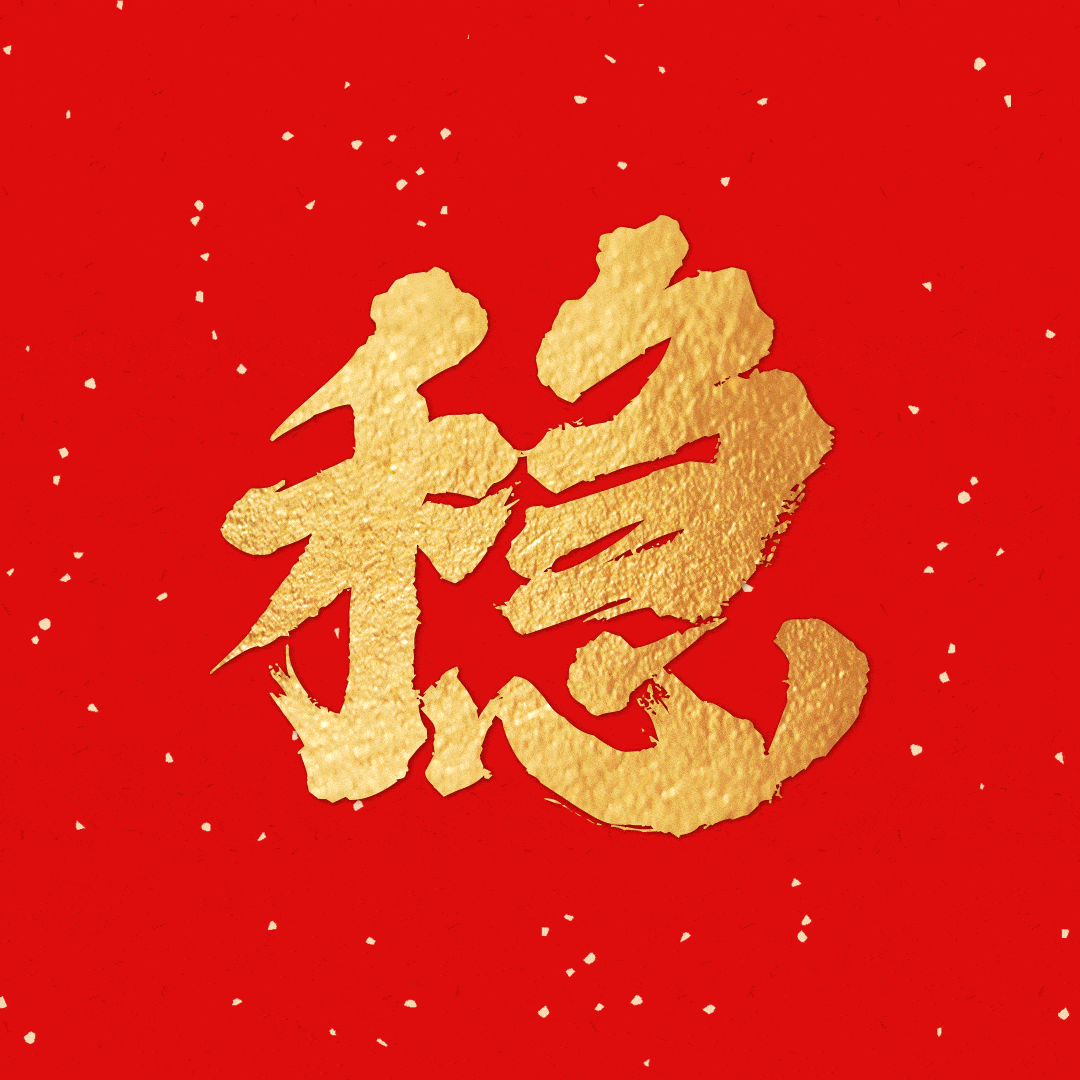
最后,给大家送上一些新年祝福,祝大家
新
年
牛
转
乾
坤
HAPPY 牛 YEAR!
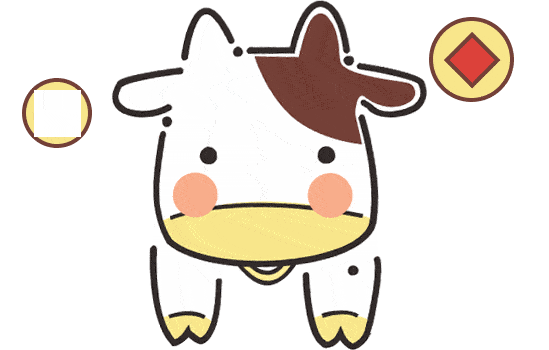
恭喜发财
Congratulations and be prosperous !
岁岁平安
Wish you everlasting peace year after year !
金玉满堂
May your wealthcome to fill a hall !
大展宏图
May you realize your ambitions !
万事如意
May all your wishes be fulfilled !
招财进宝
When wealth is acquired, precious objects follow !
来源:译世界,网络
